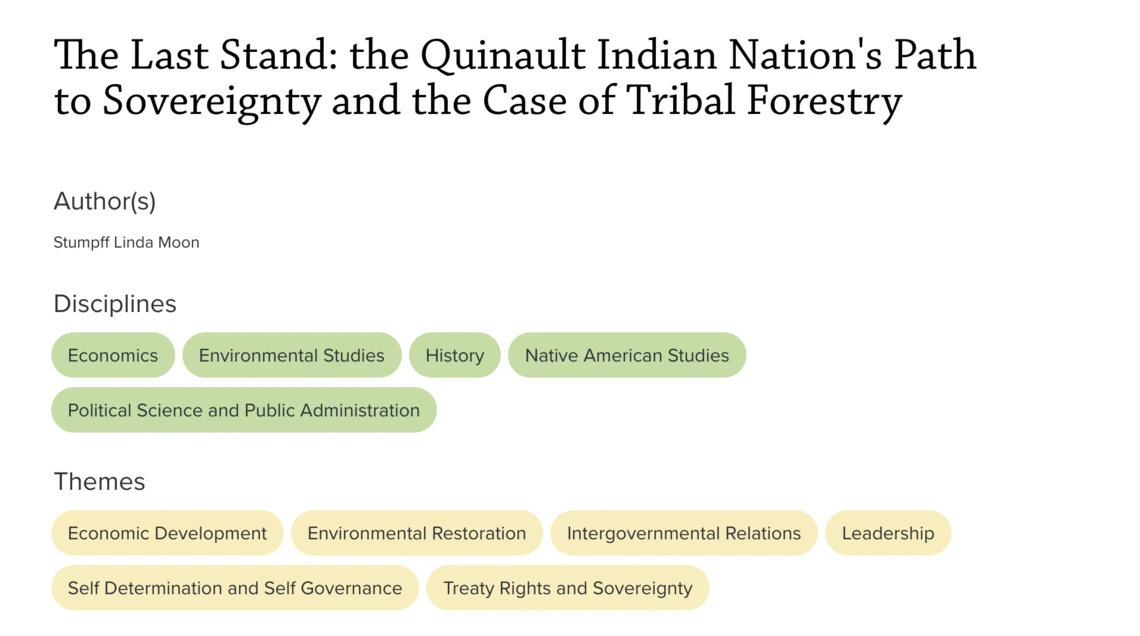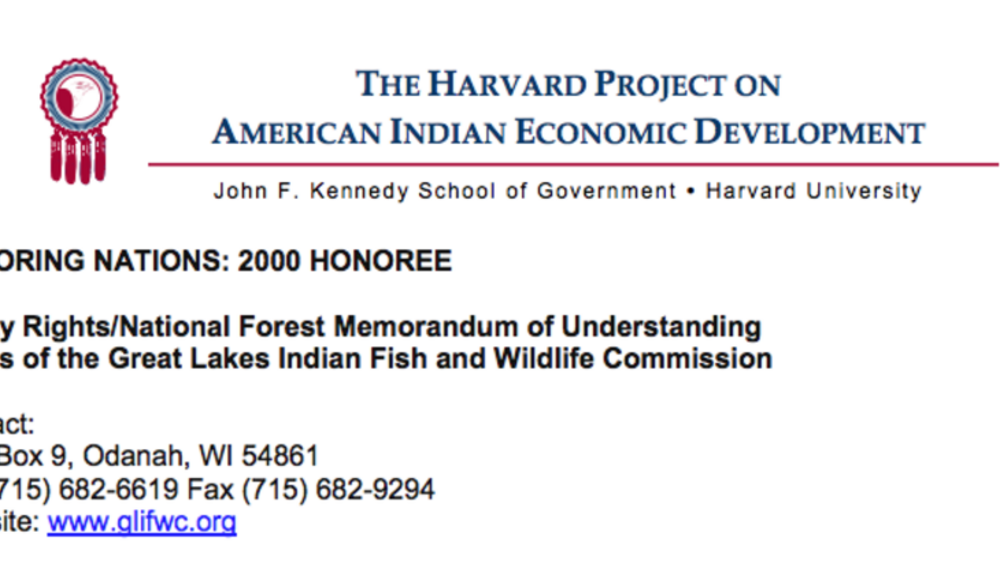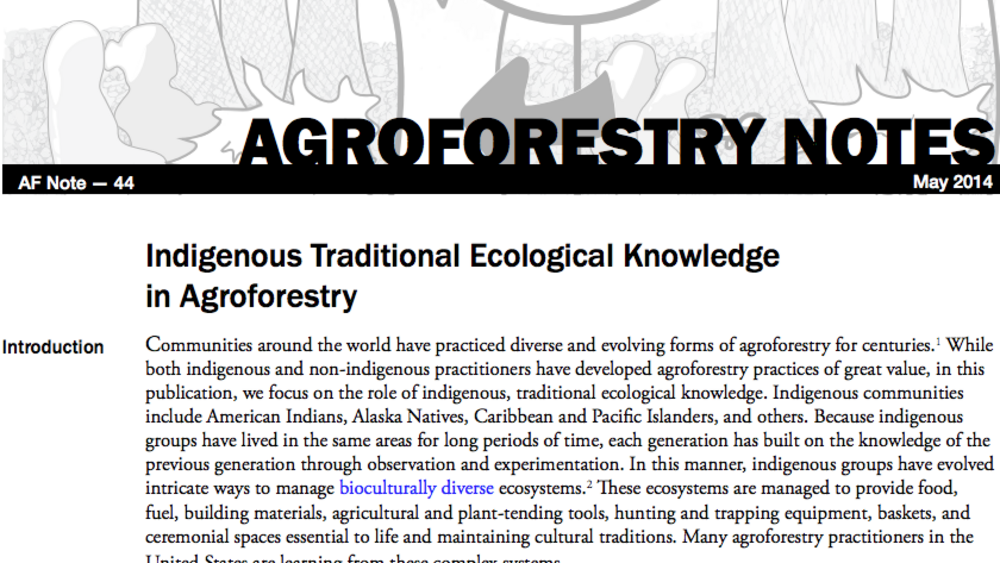This case tells a story of forestry management policies on the Quinault Reservation. In the early years, the Office of Indian Affairs (OIA) and later the Bureau of Indian Affairs (BIA) acted like a landlord, allocating large timber sales to non-Indian timber companies. The Dawes Act fragmented the Quinault Reservation into many small individually owned allotments: the Tribe retained little for the general purpose. Years of mismanagement of Reservation forest lands by the BIA left devastated lands and waters. Legislation and actions by leaders like Joe De La Cruz pushed the envelope to reform the U.S. tribal trust relationship, eventually returning land use decision-making to the Quinault Indian Nation. The Tribe took over planning, timber sales, and decision-making for forestry as they came to work in partnership with the BIA and neighboring agencies. The challenge was great--large areas of the landbase were cut-over. New decisions about forestry management were made to acquire allotted lands and to transfer them into the tribal ownership so they could be restored...
Additional Information
Stumpff, Linda Moon. "The Last Stand: the Quinault Indian Nation's Path to Sovereignty and the Case of Tribal Forestry." Enduring Legacies Native Cases Initiative, The Evergreen State College. Olympia, Washington. 2007. Teaching Case Study. (https://www.evergreen.edu/native-cases/case-study/the-last-stand-the-quinault-indian-nations-path-to-sovereignty-and-the-case, accessed July 8, 2025)




